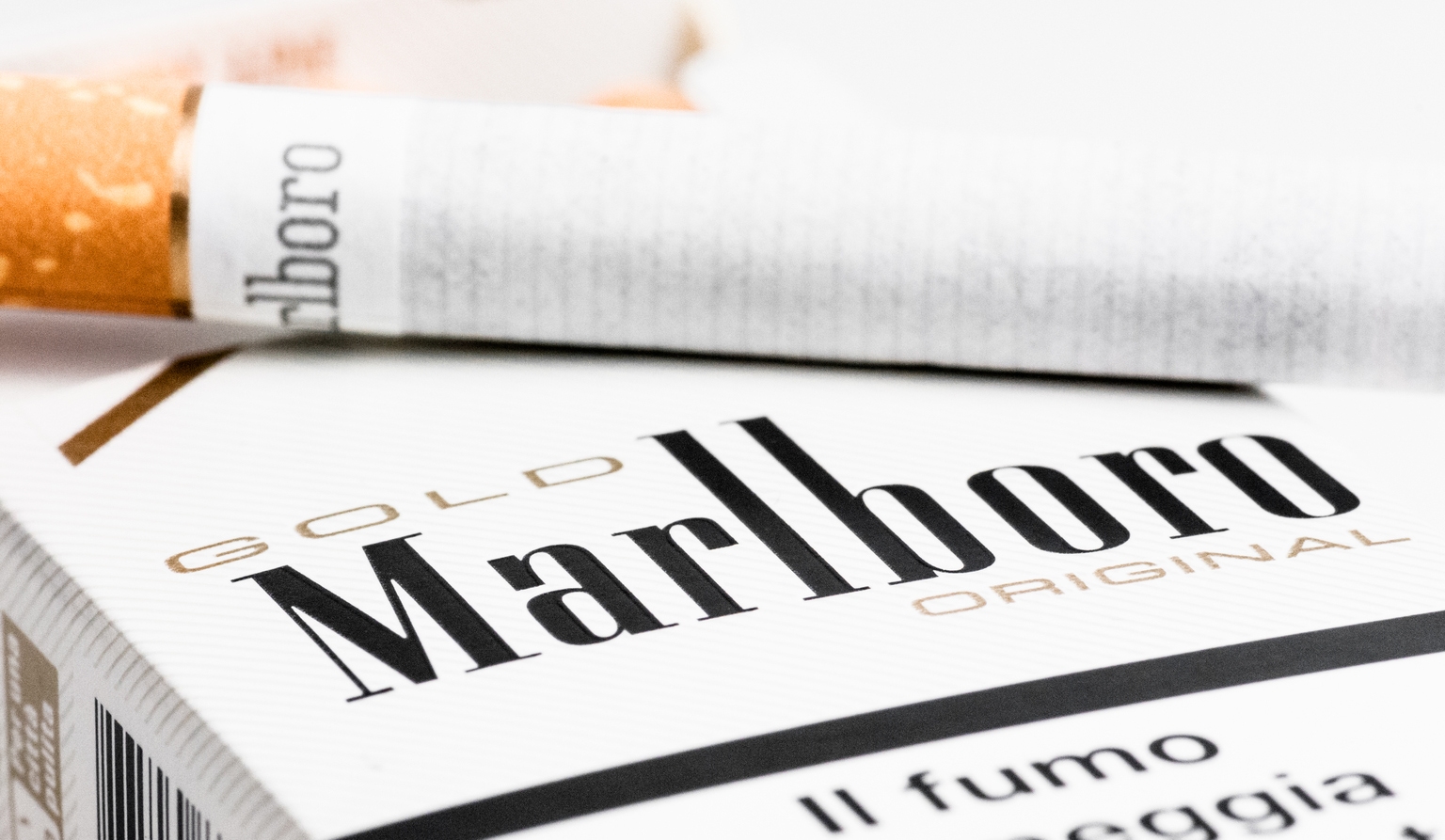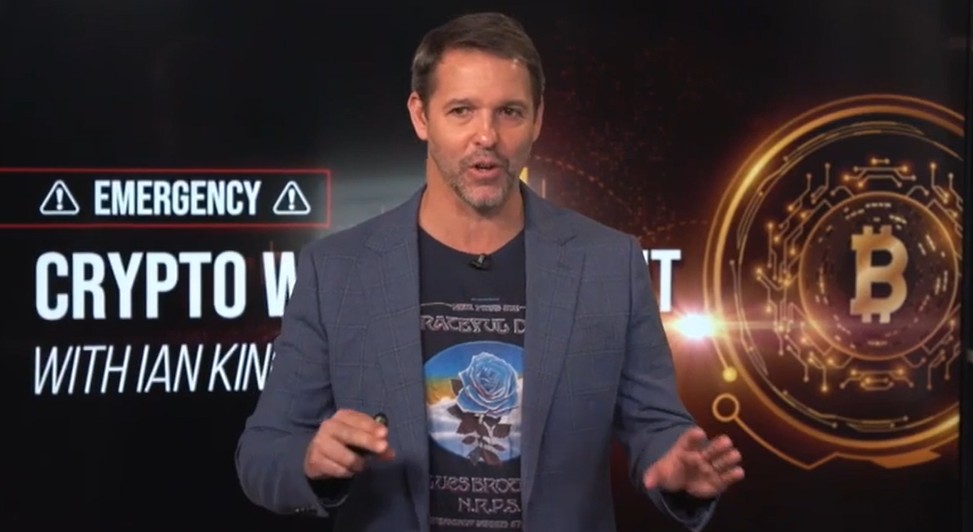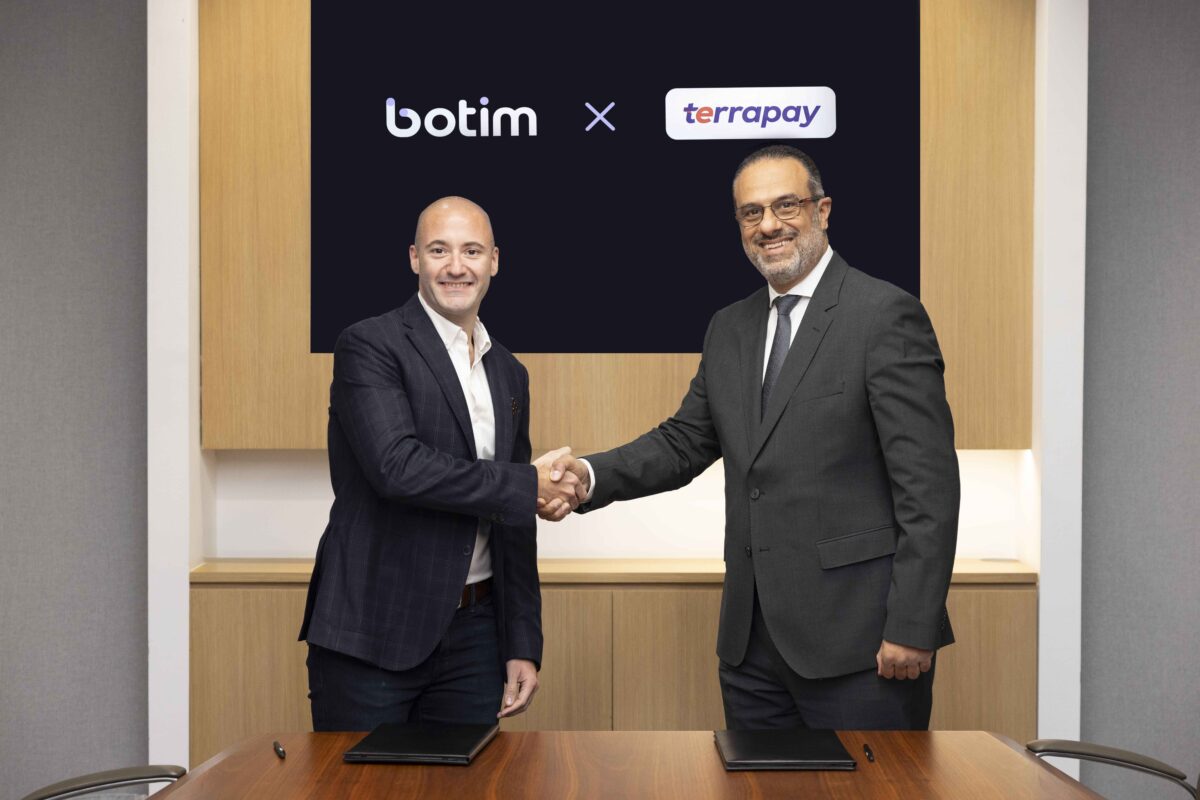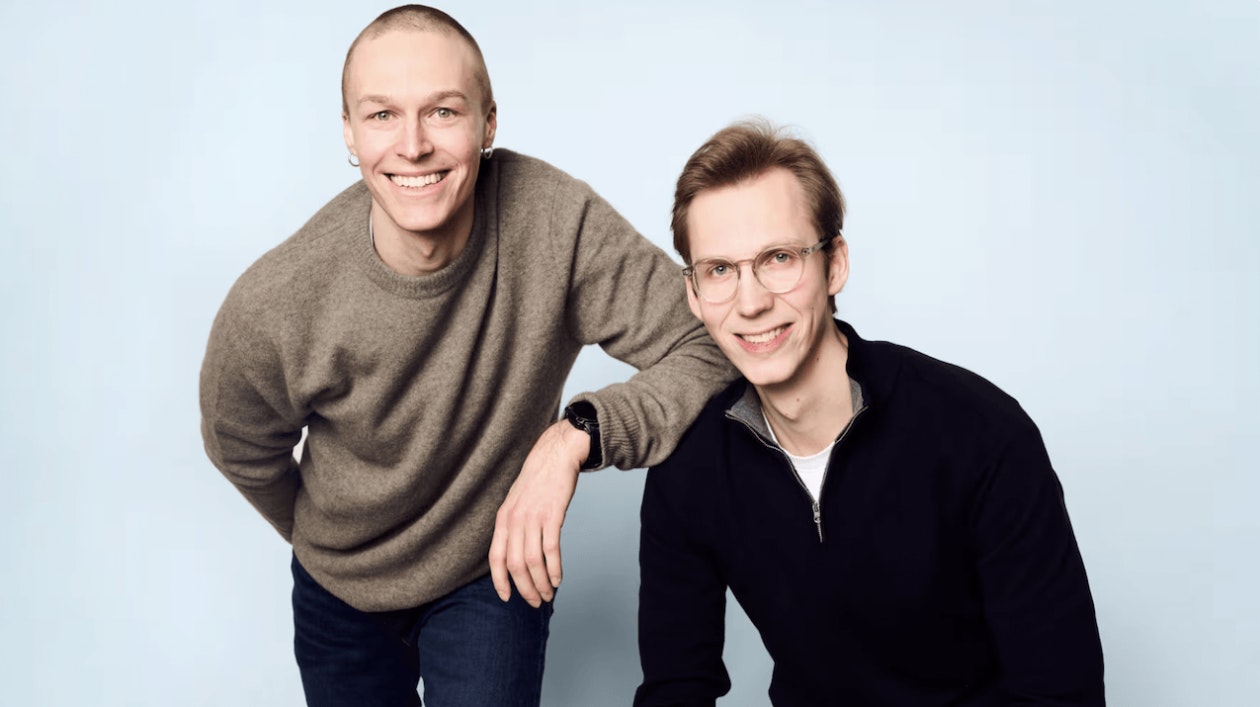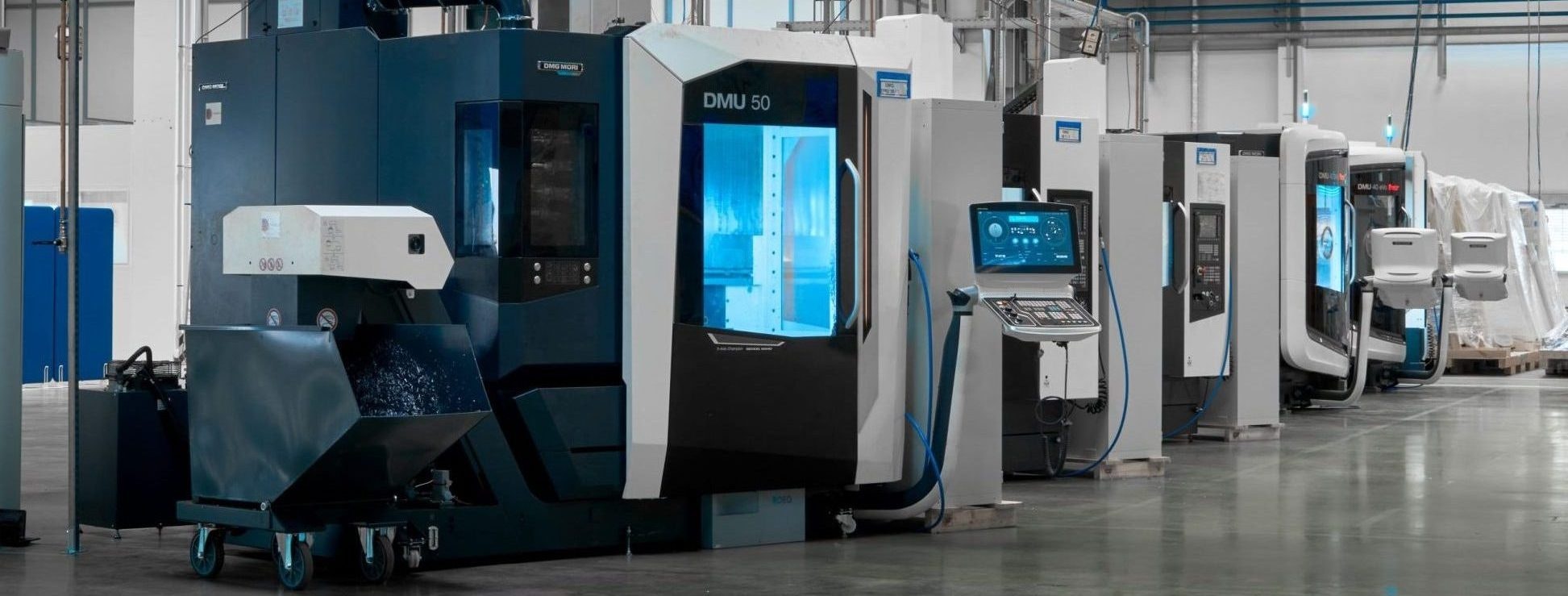Karlsruhe-based Daedalus has raised $21m in Series A funding to build autonomous factories that manufacture precision parts, for anything from medical devices and rollercoaster wheels to rocket engines.
The startup — that takes its name from a skilled architect and craftsman in Greek mythology — was founded by former tech lead and one of the first engineers at OpenAI, Jonas Schneider, who worked at the company between 2016 and 2019 and founded Daedalus a few months after he left.
His startup is currently ramping up production at its first 50k square foot factory in Karlsruhe, a city in the industrial region of Baden-Württemberg, Germany. It’s already producing components for companies in the semiconductor, defence, energy, emobility and medical sectors.
The idea is for the company to automate the manufacturing process from quoting (which assesses the raw materials, labour and margins needed to produce a specific item) to delivery and smoothing out supply chain bottlenecks that manufacturers typically face.
The Series A round was led by US firm NGP Capital, with further participation from its existing investors, including Addition and Khosla Ventures.
The manufacturing ‘bottleneck‘
High-end manufacturing companies like Siemens, which produces electronics, or ASML, which produces semiconductors, typically run into problems when trying to produce bespoke parts.
“They are very much focused on design and application engineering, figuring out ‘how can we design a pump in a way that is hyper-efficient’, but they get stuck at the point of where to actually get these parts produced,” explains Schneider, who cofounded and led software engineering for OpenAI’s Robotics team.
Typically, companies outsource the manufacture of precision parts to small factories — many of which operate with fewer than 10 employees and are not yet online — that struggle to keep up with demand, thus stalling the overall manufacturing process.
To ramp up capacity, these small manufacturers would need to buy more machines and hire more machinists (of which there is a shortage), but they often lack the money and know-how to do so, says Schneider.
This supply chain “bottleneck” is what Daedalus is trying to solve.
The company takes a description from its customers of how the part they require should look and uses AI to turn it into a “set of instructions” for the machines, which then produce the parts automatically, says Schneider.
Daedalus is also using LLMs to create and store summaries of how each part is made — including what tools, materials and strategies were used — in order to replicate that when making a similar part in the future.
The company has over 100 customers across the DACH region that come from a variety of sectors and are a variety of sizes: “from the range of a couple dozen million revenue to multiple billions in revenue,” says Schneider.
Building autonomous factories
Daedalus is aiming to have its first autonomous factory in Karlsruhe built by mid-2025, and will eventually build others: first in Germany and then in wider Europe.
These factories will be built close to industrial regions where a lot of manufacturing companies are based in order to be as close as possible to the customer.
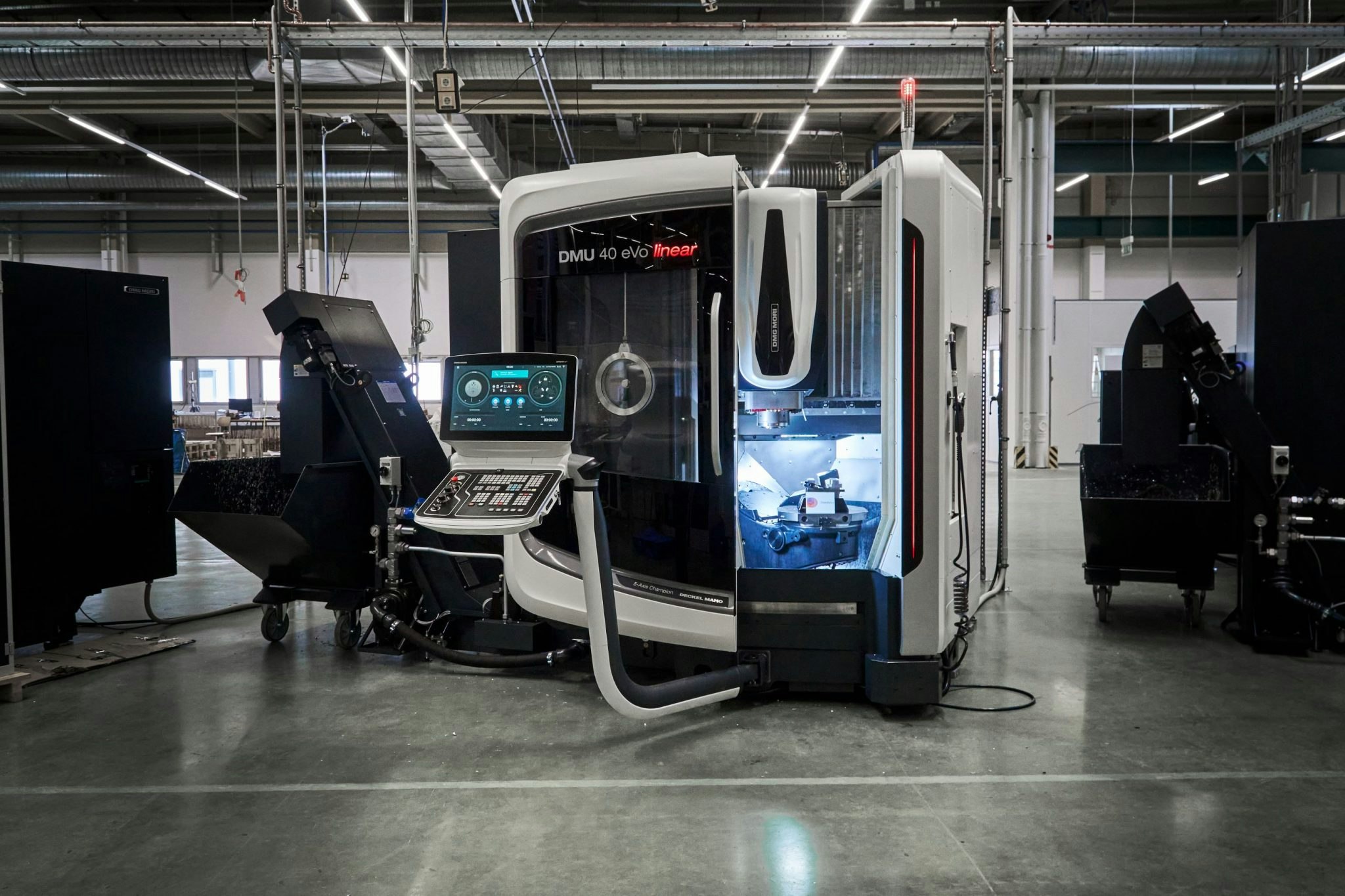
“We want to get to the point where building out factories is pretty boring for us and just the regular day-to-day,” says Schneider.
Other companies building automation technology include Romanian UiPath, which IPO’d at a $36bn valuation in 2021, and the UK’s CloudNC, which has raised more than $60m from investors including Lockheed Martin and Atomico.
While Schneider still splits his time between San Francisco and Karlsruhe, his company of 60 employees is fully based in the latter, and quite deliberately.
Karlsruhe is situated in the Baden-Württemberg region, famed for being the seat of German manufacturing and the country’s so-called “hidden champions”, where automakers like Daimler and Porsche are based. The city is roughly one hour away from Stuttgart and Heidelberg which have top technical universities, as well as Heilbronn, where an AI campus is being built.
With its history of world-renowned manufacturing, Germany is the most interesting market for Daedalus: $100bn worth of precision parts are sold annually in the country, says Schneider, making the market as big as the US.
“You couldn’t build this kind of company in Silicon Valley,” says Schneider, explaining that the Valley is more of a software hub.
He adds that his aim for the company is to “take the best of the Silicon Valley mindset” — known for its spirit of risk-taking and openness to innovation — and combine it with “the German manufacturing ingenuity”.










